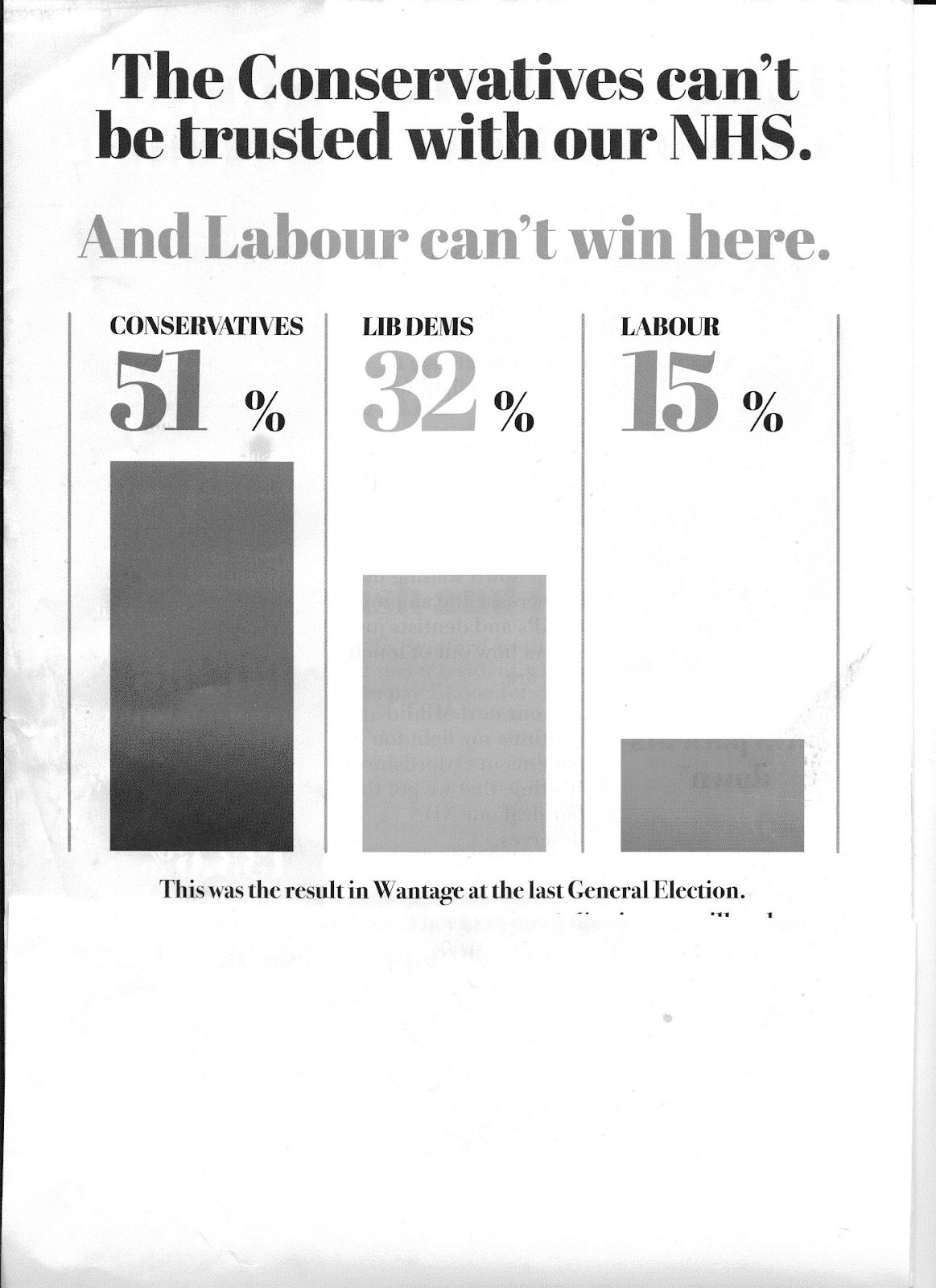
One of the effects of Labour’s strong lead in the polls is that many seats have become winnable that were not serious prospects before.
Broadly speaking, Labour is polling nearly 40% higher than in 2019 (from 32% to 42-47%) while the Tory vote has roughly halved (from 44% to 20-25%). If we want not only to win but to drive the Tory total down so it takes many years to recover, we need to win in entirely new terrain.
Not just a big city government
This matters, not just to give the Conservatives a bigger mountain to climb, but also because the Labour government that we hope to achieve needs to be broadly-based. Yes, many of our seats will come from the big cities which have suffered so much under the Tories, but we need to work for a broad national consensus that a progressive socialist government is good for our society and our future. That means showing that we can win all over the country and send MPs to Westminster with experience of communities very different from the traditional Labour strongholds.
We need to believe it ourselves
A fundamental requirement is that we recognise that we have a unique opportunity this year. 20-point leads in the polls in an election year are incredibly rare. We need to be ready to seize the opportunity – it won’t necessarily happen again soon. That doesn’t mean that we should fight every seat as though it was a super-marginal. But where we have a real chance for the first time, we need to get out of the habit of thinking of ourselves as gallant losers.
What about those Lib Dem bar charts?
Typically, seats like these have traditionally had a strong Lib Dem presence, rarely actually winning but often coming second. The Lib Dems are nationally weaker than five years ago (from 12% to a typical 9-10% in the polls), but that doesn’t stop them claiming that only they can challenge the Tories in your seat, so Labour voters should give them “tactical” support.
What’s more, if they succeed in taking Labour votes “tactically”, they will use that in the next election (national or local) to say “Labour’s result last time shows that only we can win”. We need to break that self-justifying cycle in this exceptional year and reset expectations in the great majority of constituencies to show Labour is the natural alternative to the Tories.
The Lib Dems will try to push their message with a bar chart. Typically, the bars on the chart will be disproportionate from the actual figures (with a bigger Lib Dem bar and a smaller Labour bar), and they’ll refer to the previous election – regardless of boundary changes or the changes in support since 2019. Here’s an example from my constituency, Didcot and Wantage:

What’s wrong with this? First, it’s a substantially different constituency; ‘Wantage’ was a seat with 15,000 rural voters who have been moved into another seat. Second, it’s from five years ago. And third, the bars are drawn to be disproportionate from the actual figures even then.
How can we show that things have changed?
In many seats, a very useful tool is the MRP polling from Electoral Calculus. MRP polls combine huge samples from your constituency and elsewhere (18,000 across Britain) with demographic analysis, showing how the make-up of your electorate is likely to translate into votes.
For example, a constituency near a university with numerous younger people in small towns and villages is more likely to be Labour than one with a predominantly elderly population with a settled rural population.
This is the leaflet we put out to counter the Lib Dem bar chart:

But regardless of polling, there’s also a fundamental question for anyone tempted to vote tactically for the Lib Dems:
Do voters want an MP who will support a Labour government?
Communities will benefit from having a Labour MP who can represent the area’s concerns as a member of the new majority – not by the sort of discrimination in government funding that has been a particular disgraceful hallmark of the Tory years, but simply in terms of understanding local needs.
Most people want a real change from the Tories. A Lib Dem MP will instantly become a member of the opposition to any majority Labour government and will spend the next five years attacking it. That’s not the negative approach that most voters actually want – fair-minded people will want to see Labour given a decent chance to show what we can do.
I was MP for Broxtowe (near Nottingham) for 13 years – the only Labour MP the constituency has had in its recent history – and fought every election against not only the Tories but also a Lib Dem campaign claiming that “only we can beat the Tories this time”. When I was first elected, most of our members didn’t really think we’d do it – my agent told me afterwards that he’d not really believed it. We had a small, harmonious campaign committee, and we simply worked on the assumption that we could win.
This year, let’s reproduce that in surprising seats across the country and give Labour the sort of majority that we need to face the challenges ahead.
If you have anything to share that we should be looking into or publishing about this or any other topic involving Labour, on record or strictly anonymously, contact us at [email protected].
Sign up to LabourList’s morning email for a briefing everything Labour, every weekday morning.
If you can help sustain our work too through a monthly donation, become one of our supporters here.
And if you or your organisation might be interested in partnering with us on sponsored events or content, email [email protected].




More from LabourList
‘I was wrong on the doorstep in Gorton and Denton. I, and all of us, need to listen properly’
‘Why solidarity with Ukraine still matters’
‘Ukraine is Europe’s frontier – and Labour must stay resolute in its defence’